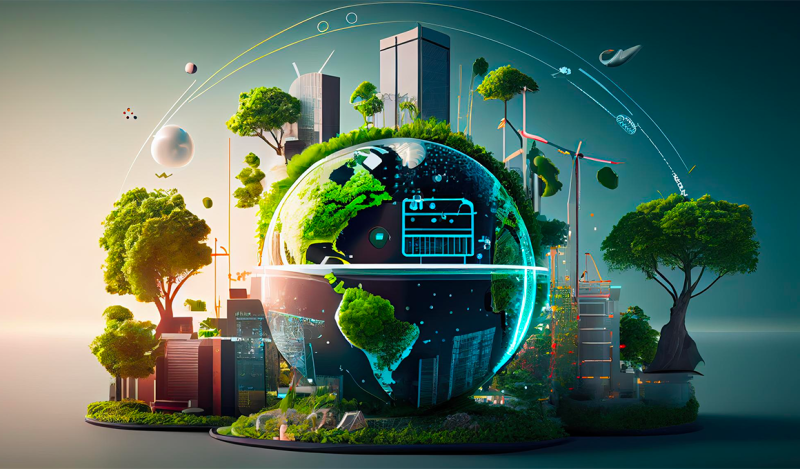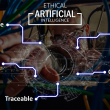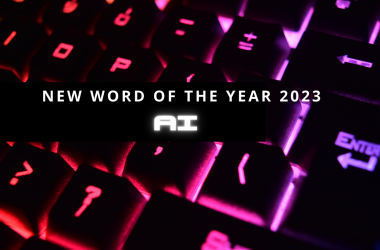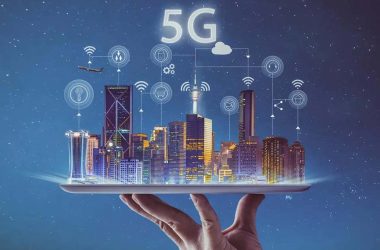In the 21st century, as the global community grapples with the challenges posed by climate change, the role of technology in sustainable living has become increasingly pivotal. When harnessed thoughtfully, technology can revolutionize how we live, work, and interact with our environment. This article explores the multifaceted impact of technology on sustainable living, examining real-world examples and backed by facts that showcase how innovation is driving positive change.
- Renewable Energy Technologies:
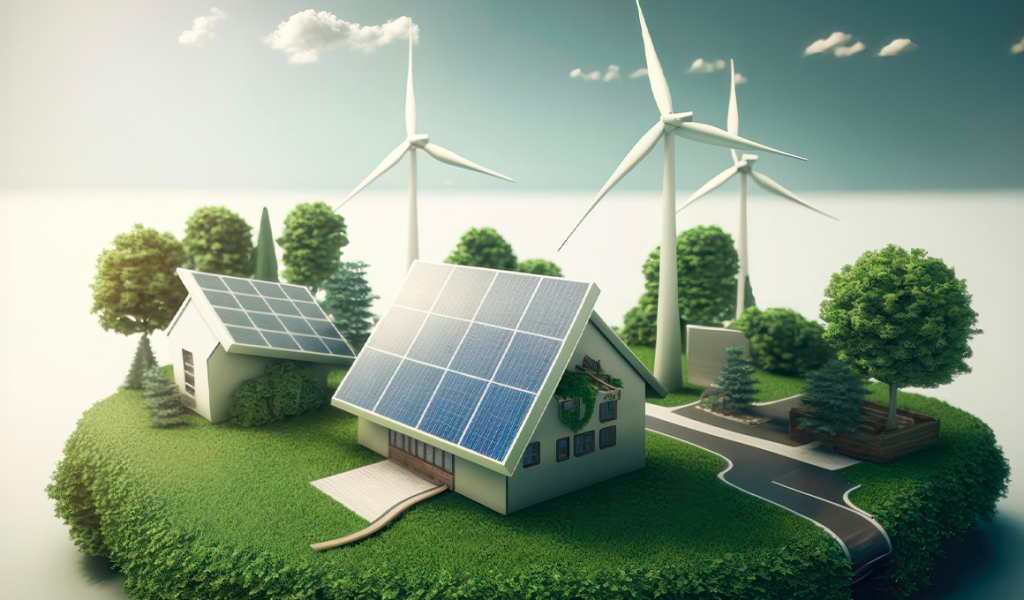
a. Solar Power:
One of the most remarkable examples of technology fostering sustainability is the widespread adoption of solar power. Photovoltaic cells have become more efficient and affordable, enabling the harnessing of clean energy from the sun. Countries like Germany and China have made significant strides in integrating solar power into their energy grids, reducing reliance on fossil fuels and mitigating carbon emissions.
b. Wind Energy:
Advanced wind turbine technology has made wind energy a viable and scalable power source. Denmark, for instance, has been a pioneer in wind energy, consistently generating a substantial portion of its electricity from wind farms. Innovations in turbine design and efficiency have contributed to the growing global trend of harnessing wind power for sustainable energy production.
2. Smart Grids and Energy Management:
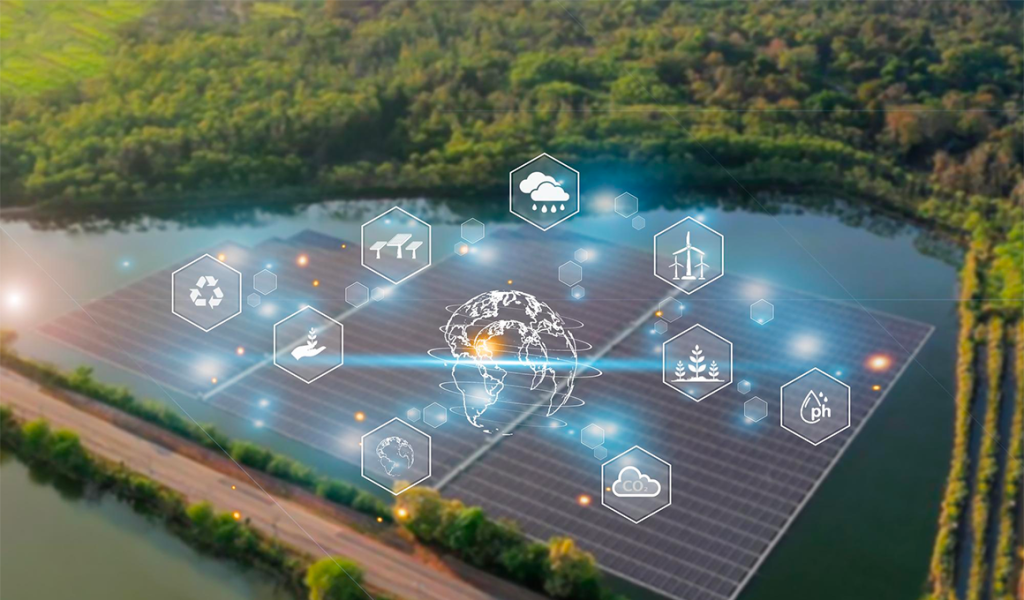
The advent of smart grids has transformed how energy is distributed and consumed. These intelligent systems allow for real-time monitoring and optimization of energy usage. For instance, in Masdar in the United Arab Emirates, a sustainable urban development, smart grids are crucial in minimizing energy waste and promoting energy efficiency.
3. E-Mobility and Sustainable Transportation:
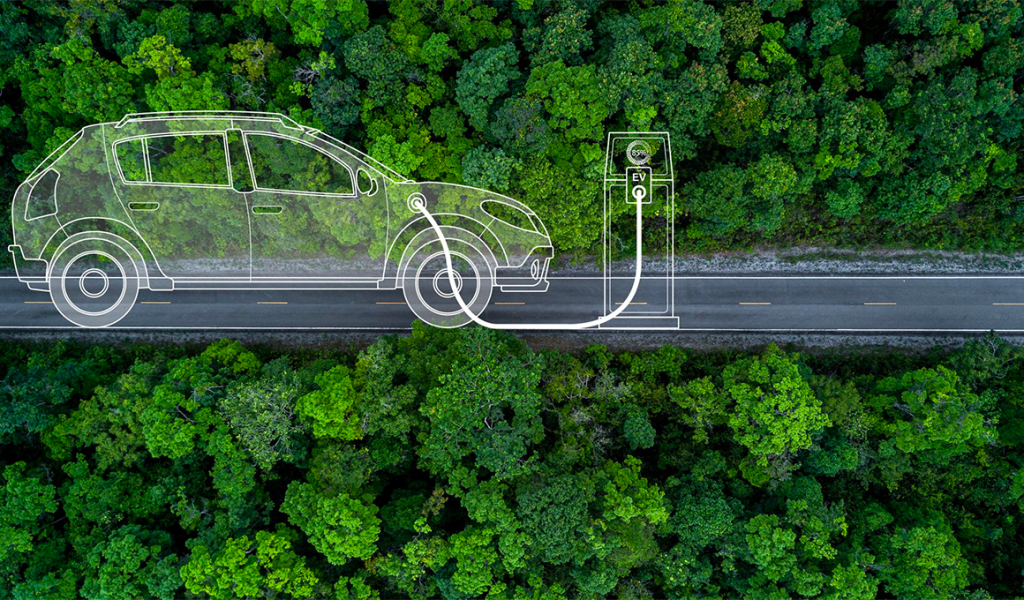
The transportation sector has been a significant contributor to carbon emissions. However, the rise of electric vehicles (EVs) is changing the sustainable transportation landscape. Companies like Tesla have pushed the boundaries of EV technology, making electric cars not only environmentally friendly but also appealing in terms of performance and design.
4. Circular Economy and Waste Management:
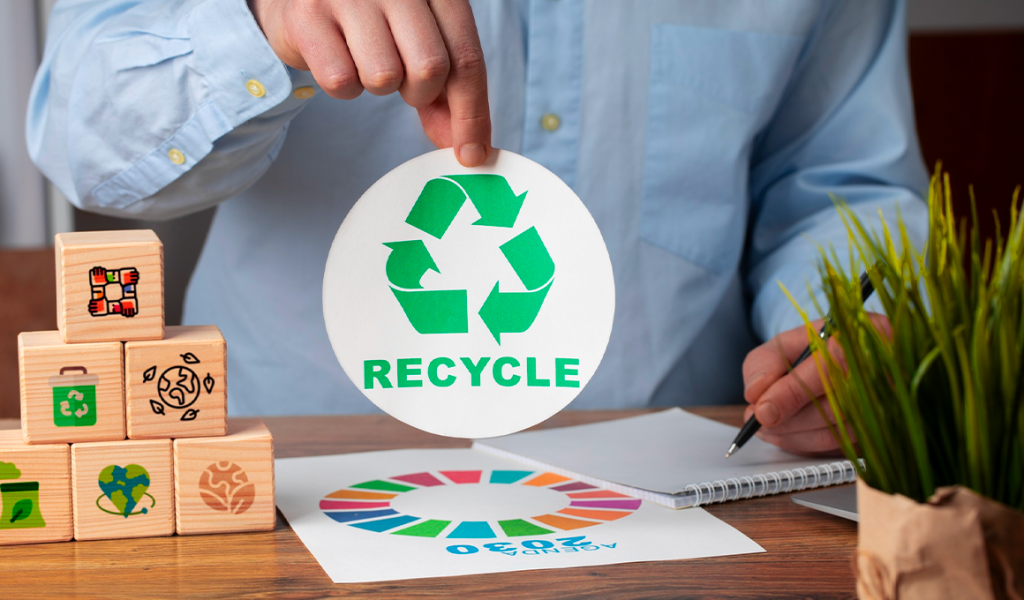
Technology has been pivotal in transitioning from a linear to a circular economy. Innovations in waste management technologies, such as advanced recycling methods and waste-to-energy systems, are reducing the environmental impact of waste. Sweden, for example, has developed sophisticated waste incineration plants that convert waste into energy, contributing to waste reduction and clean energy production.
5. Precision Agriculture:
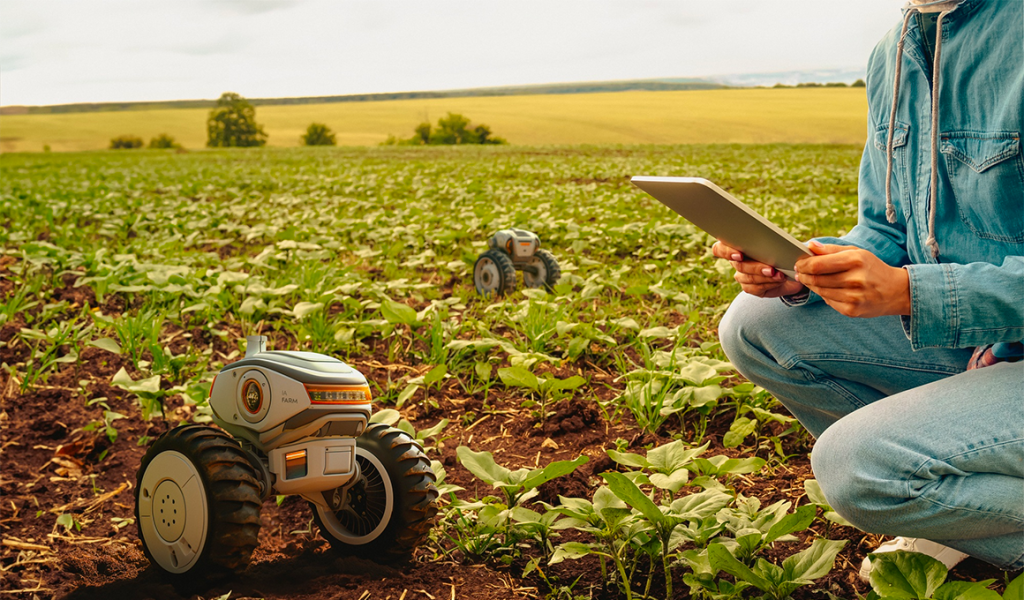
In agriculture, technology is driving sustainable practices through precision agriculture. Farmers can optimize resource use, minimize waste, and enhance crop yields by leveraging data analytics, sensors, and automation. This promotes environmental sustainability and ensures food security in the face of a growing global population.
6. Blockchain for Sustainability:

Blockchain technology is being increasingly explored to promote transparency and traceability in supply chains. This is particularly relevant in the food and fashion industries, where consumers demand greater visibility into the origins and production processes of the products they purchase. Blockchain ensures that sustainability claims can be verified, fostering trust between producers and consumers.
Conclusion:
As we navigate the challenges of the 21st century, technology stands as a beacon of hope for a more sustainable future. From renewable energy solutions to smart systems that optimize resource use, technology is reshaping our approach to living on this planet. The examples mentioned above illustrate the transformative power of innovation when aligned with the goal of sustainable living. As we continue to advance, we must prioritize and invest in technologies that improve our quality of life and safeguard our planet's health and vitality for generations to come.




